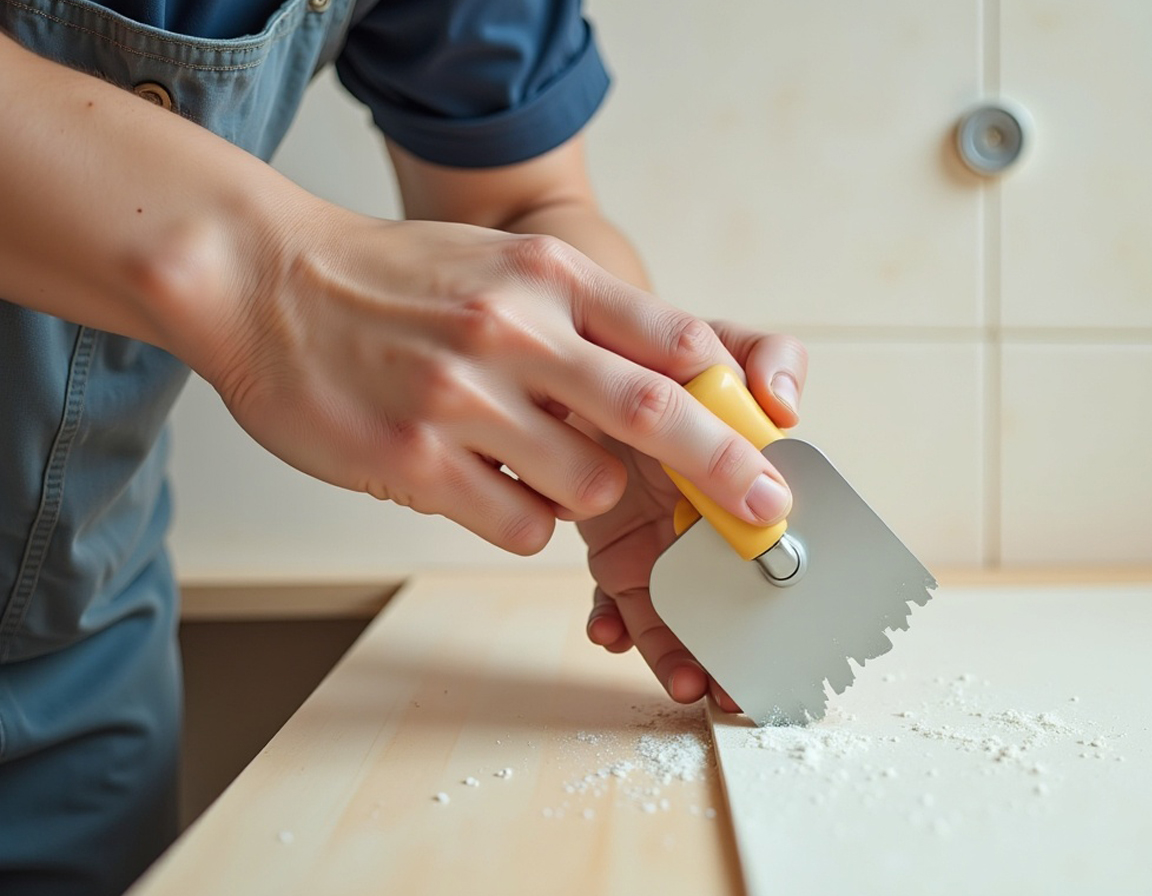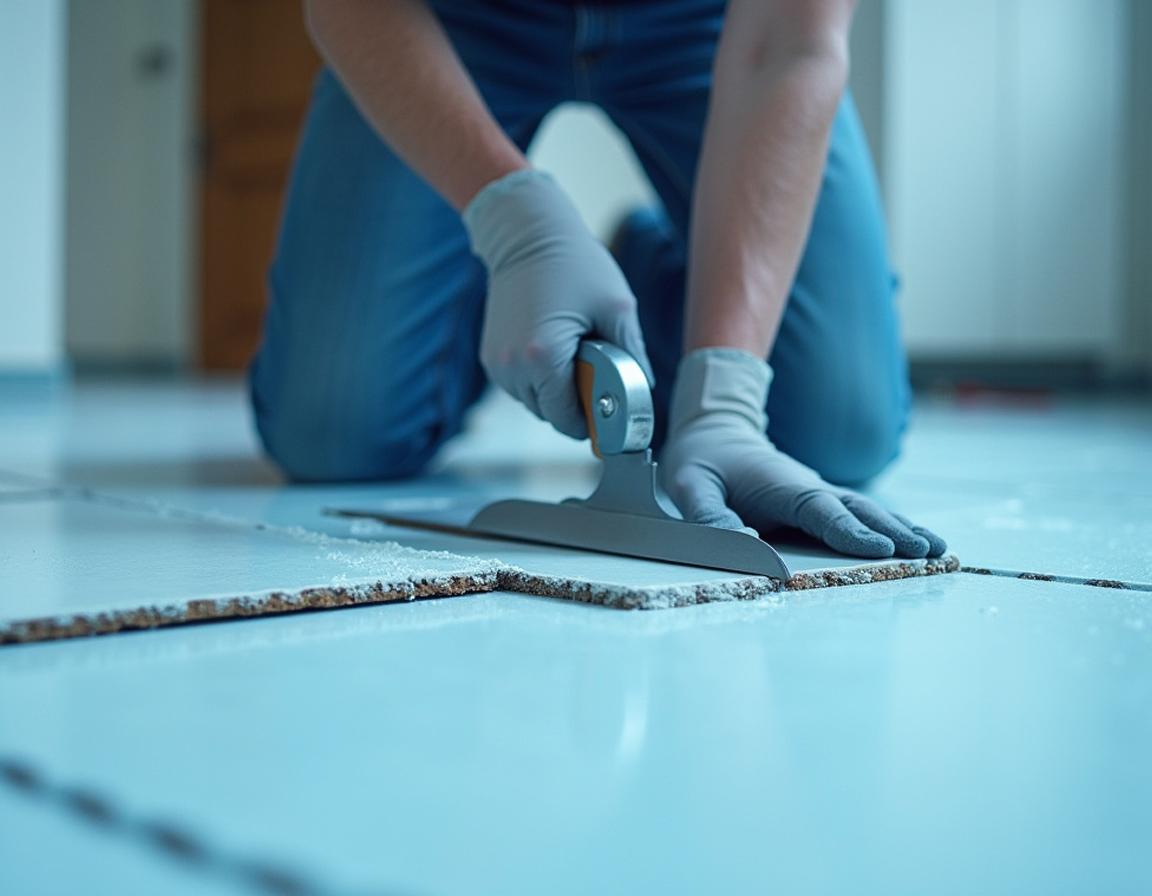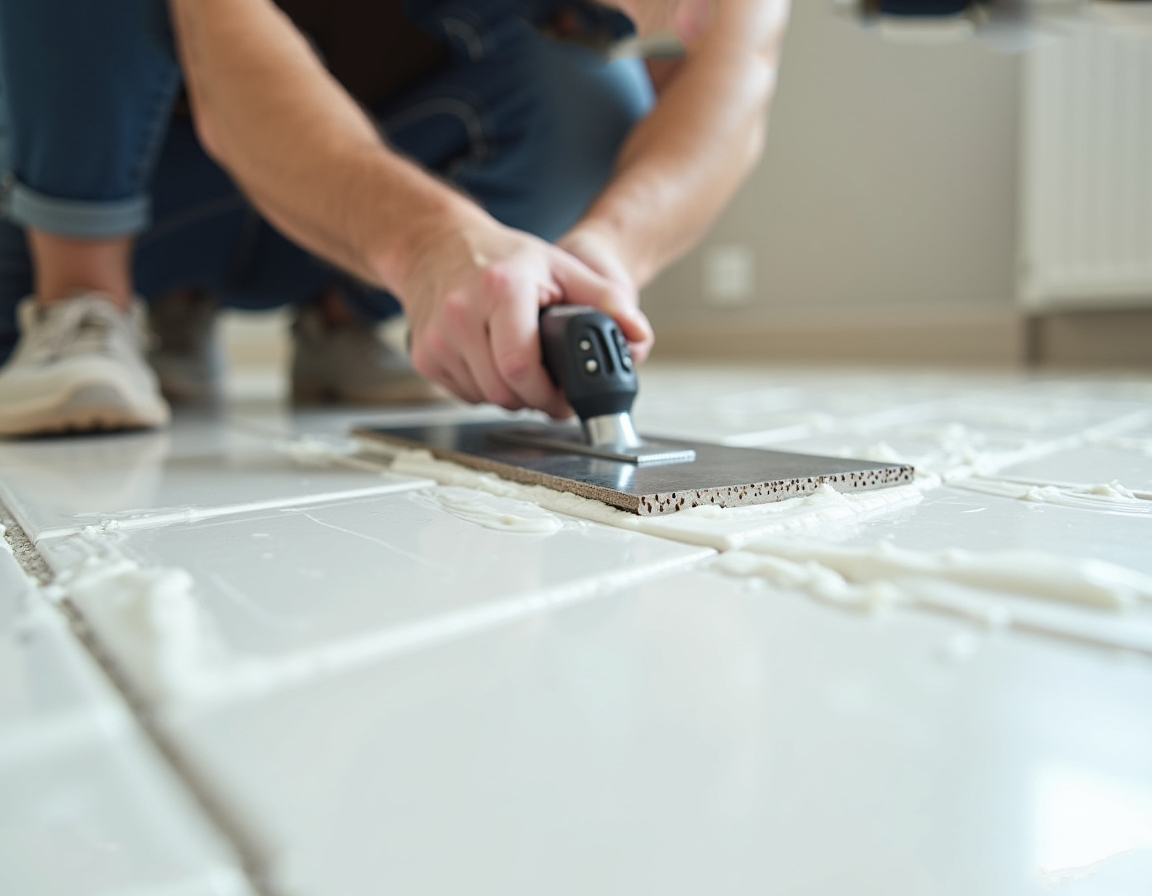
The Benefits of Polymer-Modified Adhesives in Construction
In modern construction, the demand for durable and flexible adhesives is higher than ever. Polymer-modified adhesives have revolutionized tile and stone installation by offering enhanced bonding strength, flexibility, and moisture resistance. These adhesives combine traditional cement-based formulas with polymers to improve performance and durability, making them a preferred choice for architects, builders, and contractors.
What Are Polymer-Modified Adhesives?
Polymer-modified adhesives are a blend of cement, fine aggregates, and polymer additives that enhance adhesion and workability. These polymers create a stronger bond, improve flexibility, and reduce the risk of cracks, even in extreme weather conditions. The result is an adhesive that ensures long-lasting tile and stone installations.
Key Benefits of Polymer-Modified Adhesives
-
Superior Bonding Strength
Unlike traditional adhesives, polymer-modified adhesives provide higher tensile and shear strength, making them ideal for heavy tiles, stones, and exterior facades. -
Flexibility & Crack Resistance
These adhesives can accommodate slight movements in the substrate, preventing cracks and tile detachment caused by thermal expansion, vibrations, or structural shifts. -
Water & Moisture Resistance
Their low water permeability makes them suitable for wet areas like bathrooms, kitchens, swimming pools, and exterior applications, ensuring tiles remain securely bonded. -
Improved Workability & Open Time
The addition of polymers allows for a longer open time, giving installers more flexibility to position and adjust tiles before the adhesive sets. -
High Performance in Extreme Conditions
These adhesives are formulated to withstand temperature variations, heavy loads, and impact forces, making them perfect for commercial and industrial spaces. -
Compatibility with Large Format & Vitrified Tiles
Polymer-modified adhesives are ideal for large tiles, vitrified tiles, and low-porosity surfaces, providing strong adhesion and uniform coverage.
Applications of Polymer-Modified Adhesives
-
Tile & stone installations on walls and floors
-
Exterior facades & cladding
-
Swimming pools & water bodies
-
High-traffic areas like malls, airports, and commercial buildings
-
Underfloor heating systems
Conclusion
Polymer-modified adhesives have transformed tile and stone installations, ensuring durability, flexibility, and resistance against environmental factors. By using these advanced adhesives, construction professionals can achieve stronger, longer-lasting installations with reduced maintenance and failure rates.




